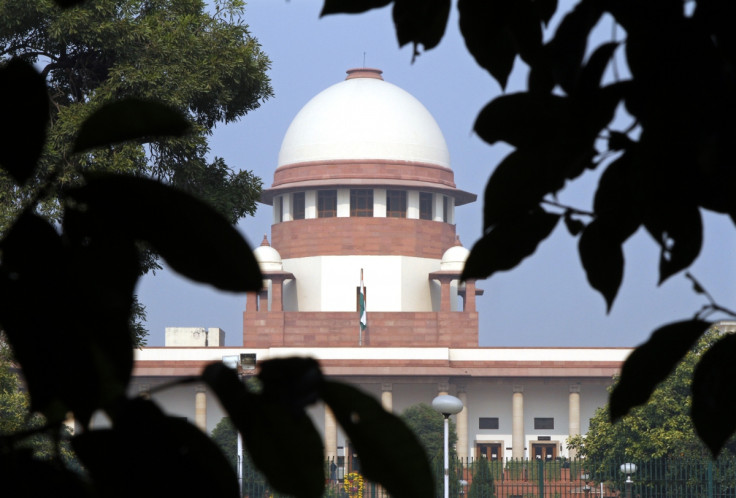India: Supreme Judges Rule Sharia Courts' Fatwas have no Legal Sway

In a controversial decision that upset Muslim clerics, India's top court ruled that Islamic courts implementing sharia law have no legal authority in the country.
The Supreme Court in New Delhi said that Muslims can abide by Sharia court rulings if the wish to, but cannot be legally forced to do so.
"No religion is allowed to curb anyone's fundamental rights," Judge CK Prasad told the court, giving the decision of a two-judge panel.
The ruling came in response to a 2005 petition asking for sharia courts to be banned.
Vishwa Lochan Madan, the lawyer who filed the petition, argued that Islamic courts should be disbanded as they run a parallel judicial system.
As an example, he cited a case in which a Muslim woman was ordered to marry her father-in-law after he raped her.
After the abuse, a Shariah court ruled the woman's marriage was void and demanded she leave her husband and move with her five children into her rapist's house.
The Supreme Court ruled against Madan's proposed ban, saying that it was not needed, for Sharia court edicts - "fatwas" - had no legal value.
"Sharia courts are not sanctioned by law and there is no legality of fatwas in this country," Judge C. K. Prasad said.
According to the ruling, India's 150 million Muslims are still free to voluntarily consult an Islamic court for arbitration in personal matters such as like marriage, divorce or inheritance.
The decision was not well received by local Muslim leaders.
Kamal Farooqi, a member of the All India Muslim Personal Law Board denounced it as "malicious propaganda which is going on against religious beliefs".
Maulana Mohammad Sajid Rashid, president of Kul Hind Imam Association, told The Times of India: "If a person is practising a religion, he/she has to follow its preaching. A Muslim who does not follow the sharia is not a true Muslim."
© Copyright IBTimes 2025. All rights reserved.






















